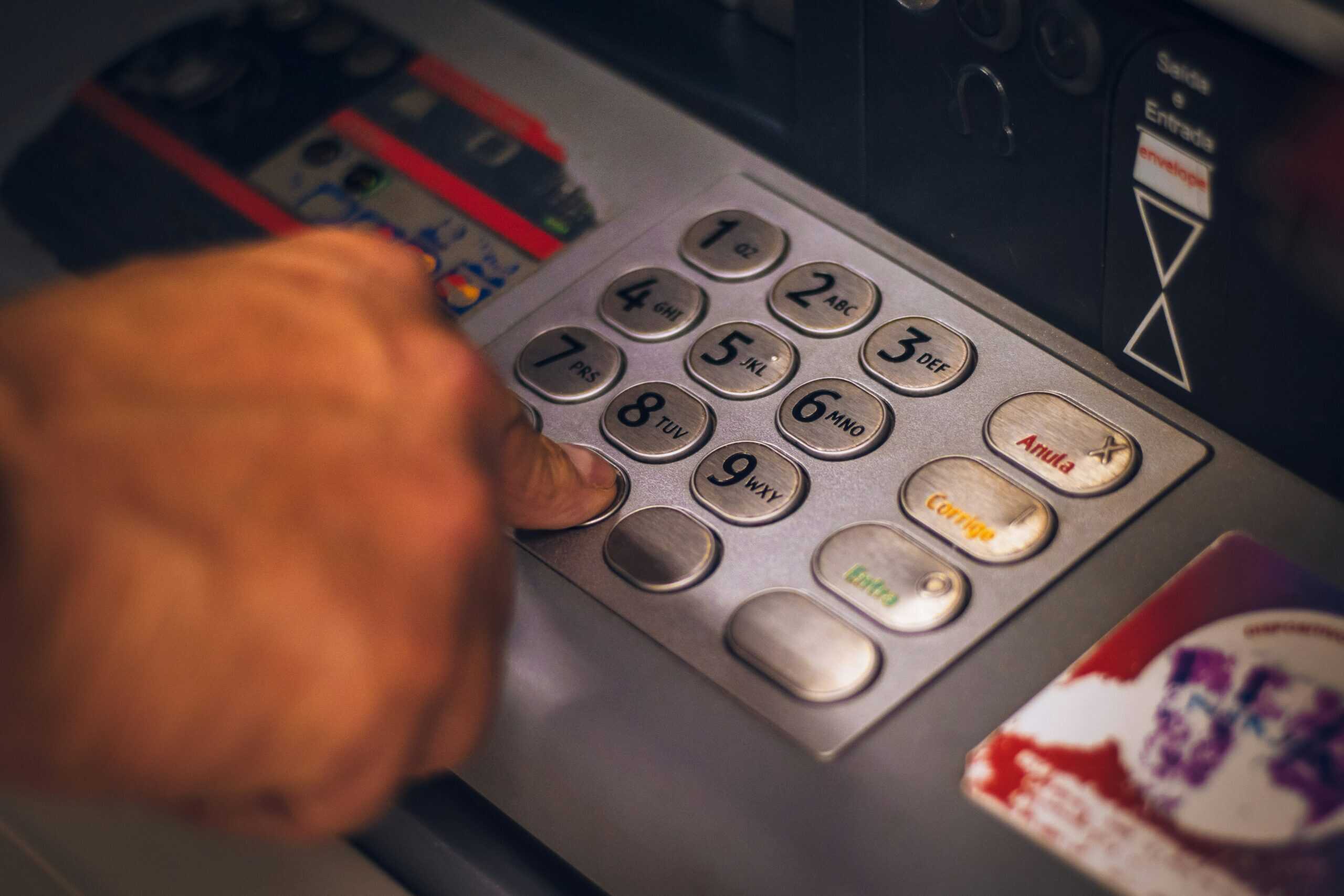
Fifteen years after the Dodd-Frank Act reshaped the U.S. financial system, a panel of fintech and regulatory experts—Dara Tarkowski, Alex Johnson, and Kia Haslett—sat down with Jason Henrichs and Brett King to dissect its legacy. What emerged was a layered analysis of the Dodd-Frank fintech impact—how legislation born from crisis laid the groundwork for both systemic stability and market distortion.
While the Act brought stress testing and capital buffers into the mainstream, it also introduced thresholds and frameworks that unintentionally picked winners and losers, especially penalizing smaller banks and early-stage fintechs. This shift further illustrates the ongoing Dodd-Frank fintech impact, where regulation reshaped innovation pathways.
The panel explored how Dodd-Frank ushered in the era of federal supervision for non-banks and fintechs, establishing agencies like the CFPB and FSOC. However, they critiqued how regulatory whiplash, especially in enforcement, has undermined industry trust. Legal ambiguity, particularly around “abusive” under UDAAP, has left responsible players exposed while more aggressive actors exploit loopholes.
A major theme was the role of unintended consequences. From the ripple effects of the Durbin Amendment to the de-banking fallout of Operation Chokepoint, policies often failed to anticipate how market actors would shift in response. Ironically, Dodd-Frank created the vacuum that fintechs now fill, driving financial inclusion and innovation where traditional banks once dominated.
The discussion closed by considering the future of regulation, especially as AI, stablecoins, and Banking-as-a-Service redefine the landscape. The emerging GENIUS Act was positioned not as a corrective force like Dodd-Frank, but a permissive one, lacking the market-shaping intent or clarity to produce systemic transformation.
Meet the Experts
Dara Tarkowski is the Managing Partner at Actuate Law and host of the Tech on Reg podcast. With extensive experience counseling clients through regulatory flux, she offers a sharp legal lens on financial enforcement, consumer protection, and emerging technologies. In this episode, she’s joined by Alex Johnson, creator of Fintech Takes, and Kia Haslett, a financial journalist and former editor at Bank Director. Together, these experts bring critical perspectives from law, media, and fintech ecosystems.
The Big Idea: Understanding the Dodd-Frank Fintech Impact
At its core, this episode explores the duality of Dodd-Frank: a bold attempt to de-risk the financial system post-crisis, and a source of complex ripple effects that continue to reshape how, and by whom, financial services are delivered. The conversation moves beyond retrospective celebration or critique, positioning the Act as a regulatory inflection point that catalyzed fintech expansion, politicized consumer protection, and reshuffled institutional incentives.
Key Takeaways
- Dodd-Frank centralized consumer protection but triggered legal unpredictability
The creation of the CFPB gave consumers a dedicated watchdog, but also introduced ideological swings that made compliance a moving target for businesses. - Enforcement-by-surprise has become the default regulatory mechanism
With limited supervision and slow rulemaking, agencies often resort to enforcement as a policy shortcut, destabilizing long-term planning. - Durbin Amendment backfired on consumers and banks alike
The cap on interchange fees failed to reduce merchant costs and forced banks to chase profit through complexity, especially below the $10B asset threshold. - Fintech innovation filled the vacuum created by de-risked banks
From banking-as-a-service to private credit, non-banks stepped up, halving unbanked rates and transforming the financial landscape. - Future regulation must trade mandates for actionable frameworks
Especially in AI and stablecoins, vague mandates without clear operational standards will breed legal chaos and inconsistent oversight.
Tools, Strategies, or Frameworks Mentioned
- CCAR & DFAST – Regulatory stress tests that improved risk awareness and forced banks to upgrade internal data, modeling, and capital planning.
- UDAAP – “Unfair, Deceptive, or Abusive Acts or Practices” became a powerful yet legally ambiguous enforcement tool under the CFPB.
- Operation Chokepoint – A DOJ initiative that de-banked “high-risk” but legal industries, further fragmenting access to financial services.
- GENIUS Act – A permissive bill introducing stablecoin frameworks without clear definitions or implementation protocols.
Final Thoughts
“Less consumer choice is bad for consumers.” – Dara Tarkowski
Dodd-Frank’s legacy is not binary. It neither saved nor sank the industry; however, the Dodd-Frank fintech impact continues to shape how financial services evolve in response to policy and innovation. At the same time, it undeniably reshaped the regulatory terrain. As a result, fintechs have thrived in the white space Dodd-Frank left behind, while regulators continue to struggle to keep pace with rapid innovation. Therefore, this conversation is a must-read for anyone navigating the intersection of policy, financial infrastructure, and consumer protection. The real question is no longer “Was Dodd-Frank a success?” Instead, it has become: “What do we need to protect next, and at what cost?”
Full Transcript
https://provoke.fm/transcripts/breaking-banks-ep603-dodd-frank-legacy/
Want fintech & banking insights every week?
Subscribe to The Provoke.fm Briefing
Listen and subscribe to Breaking Banks on your favorite platform
Subscribe to our YouTube Channel
